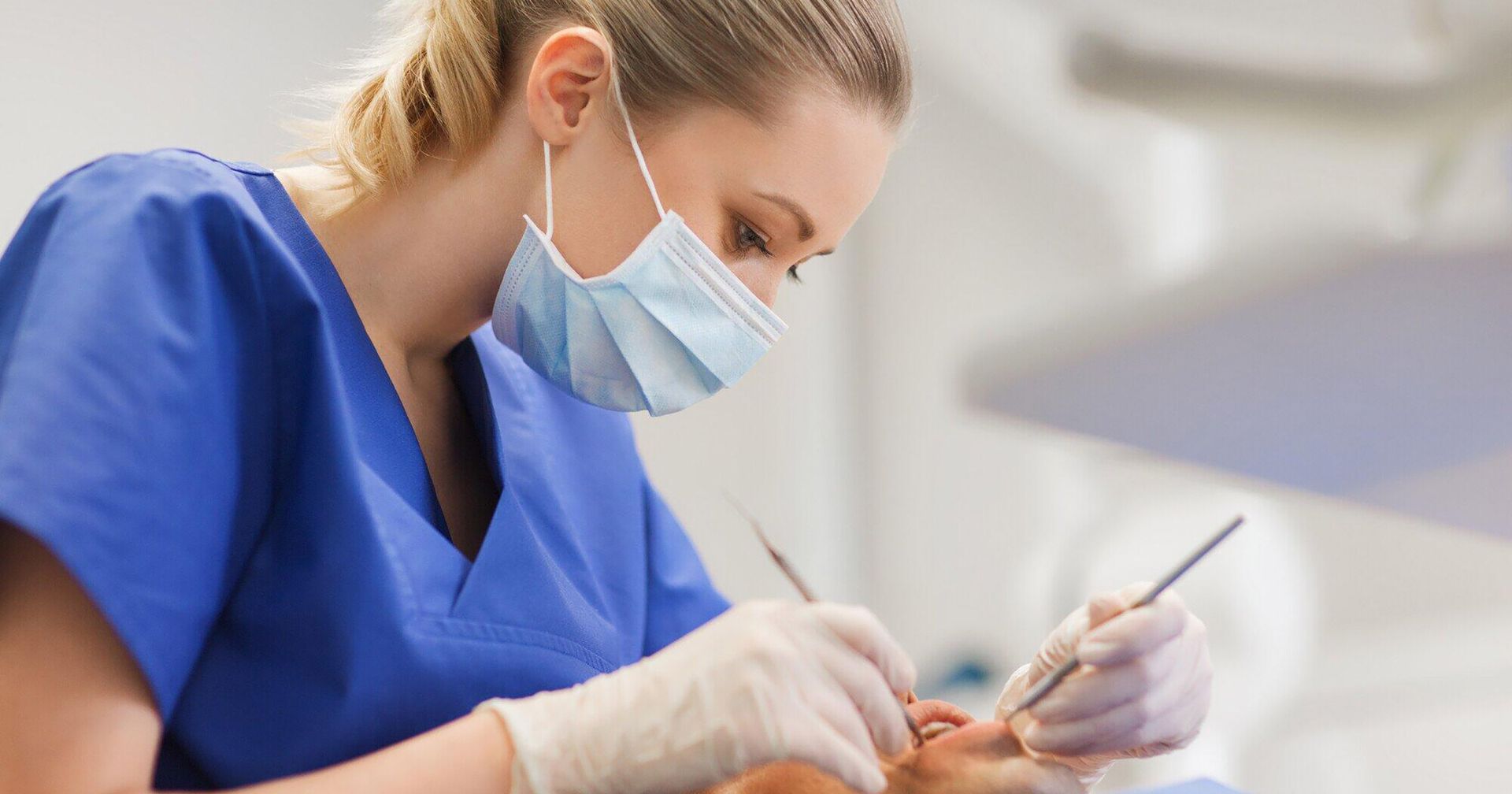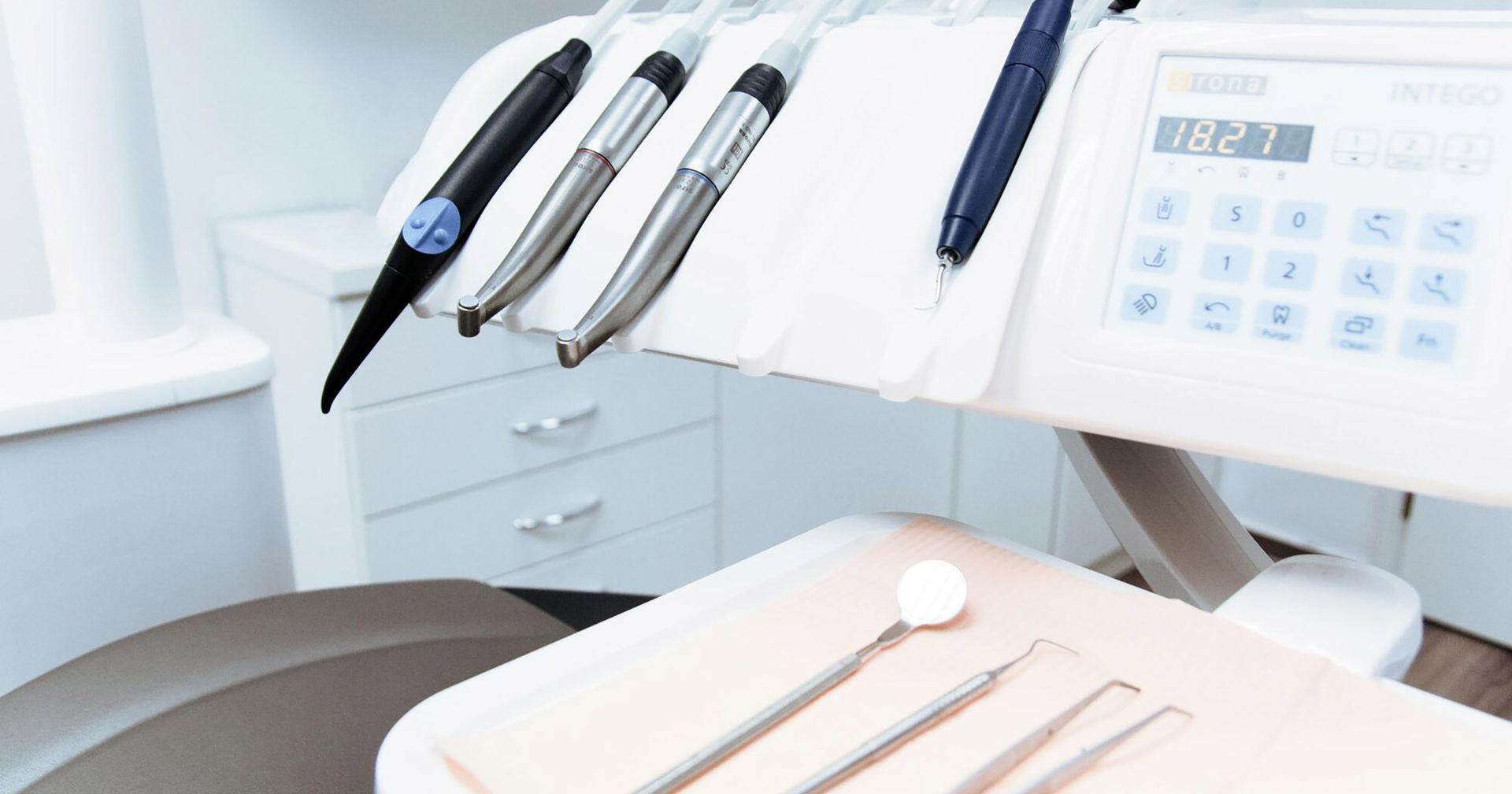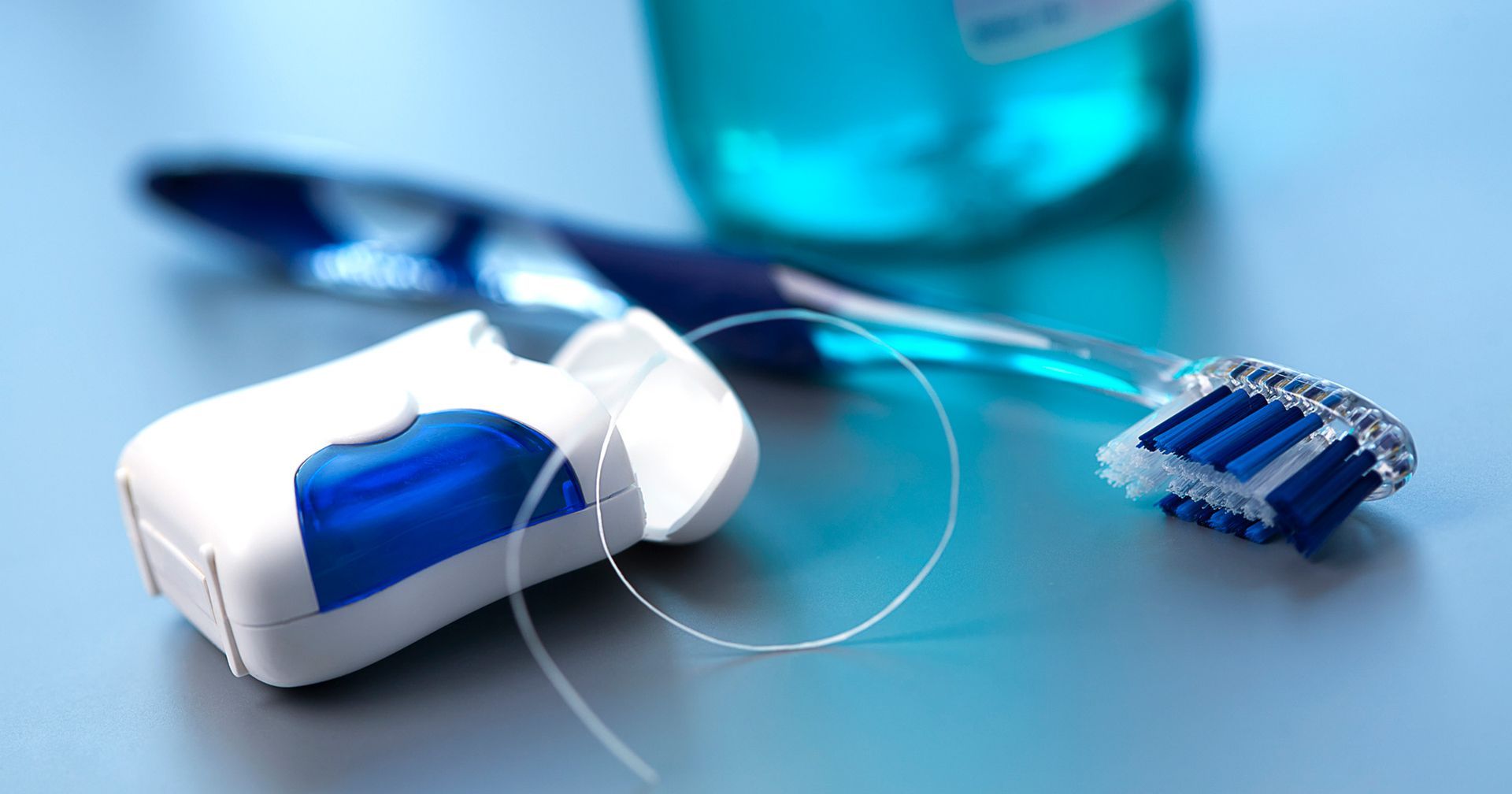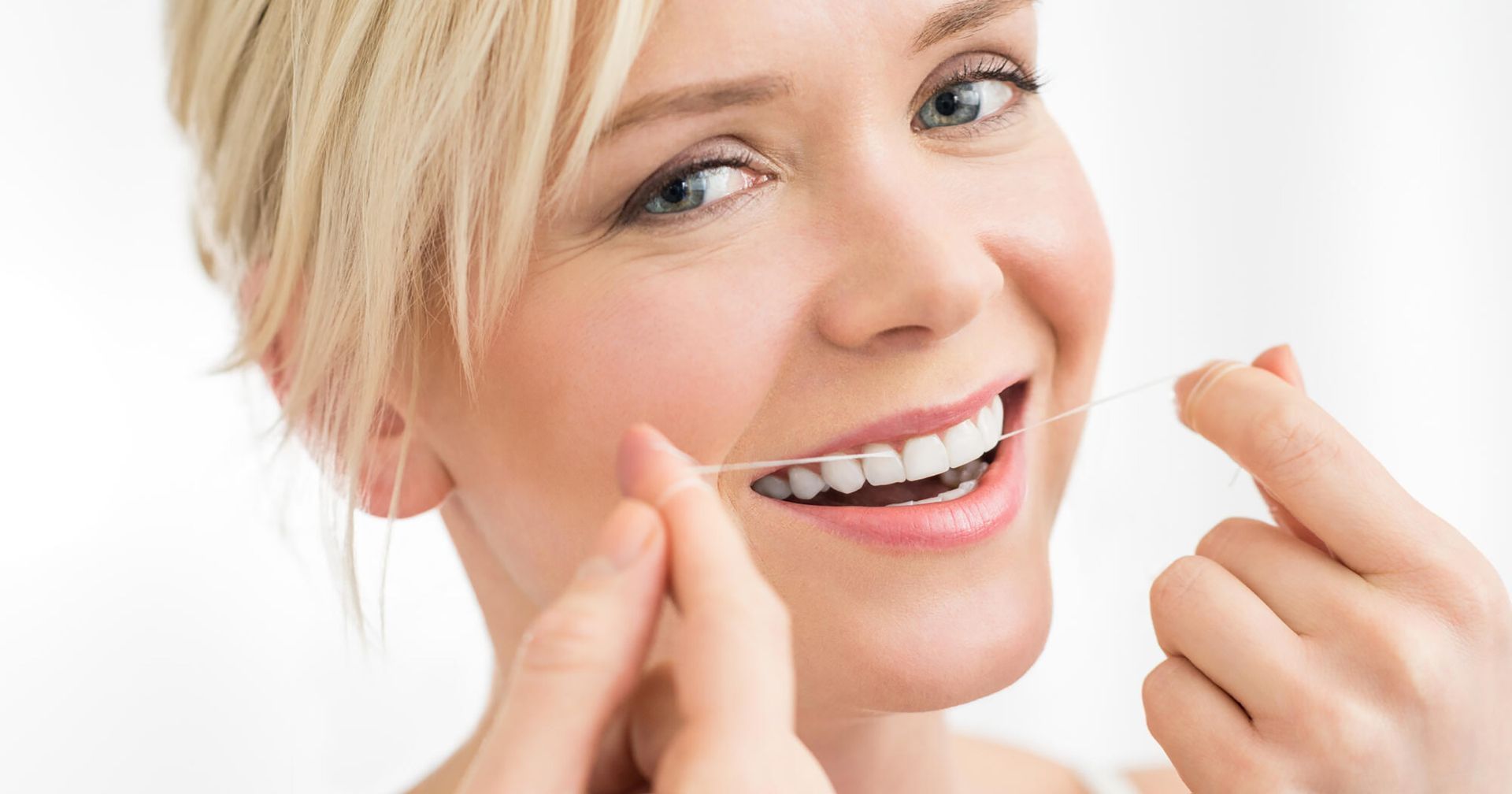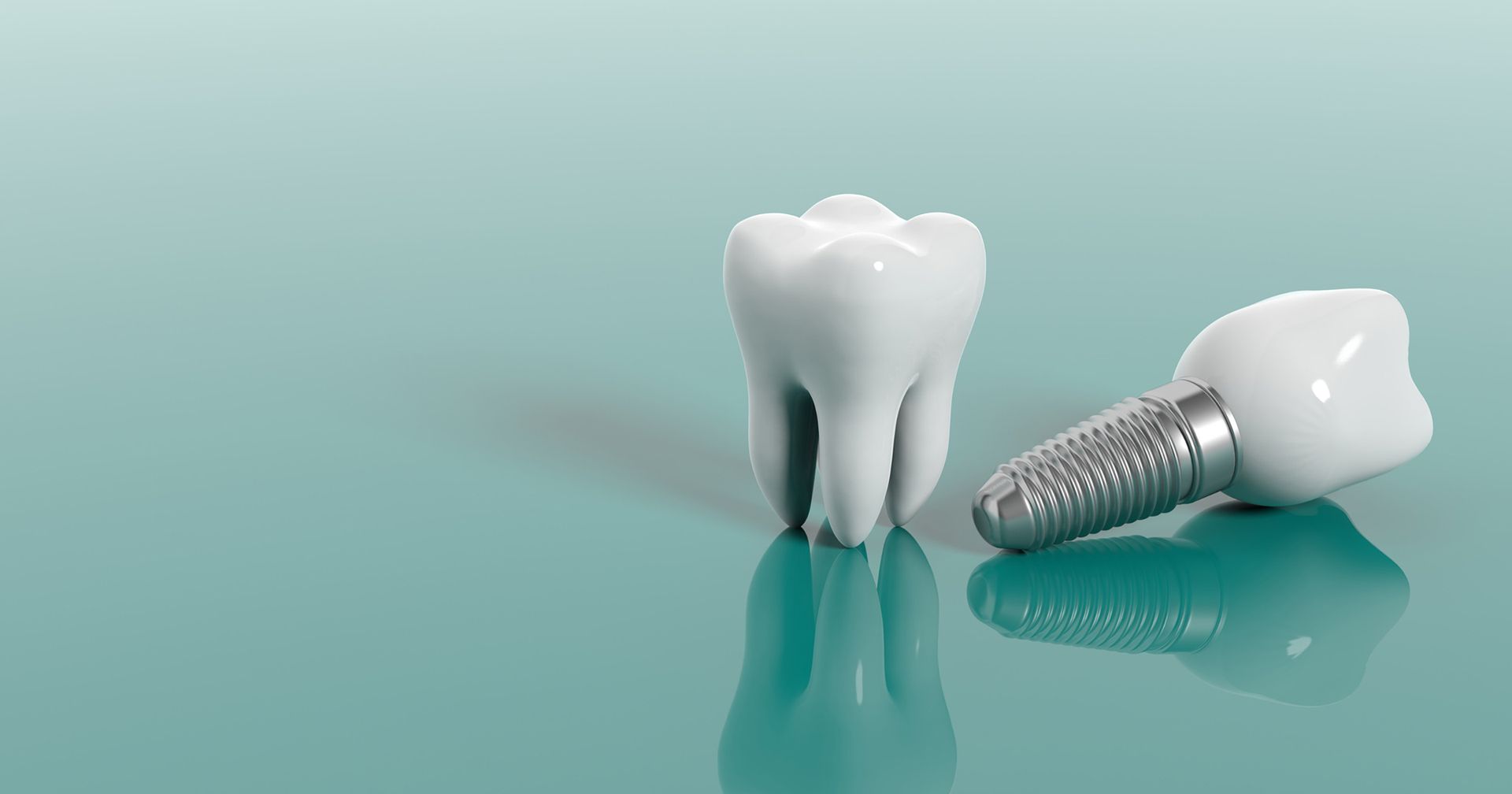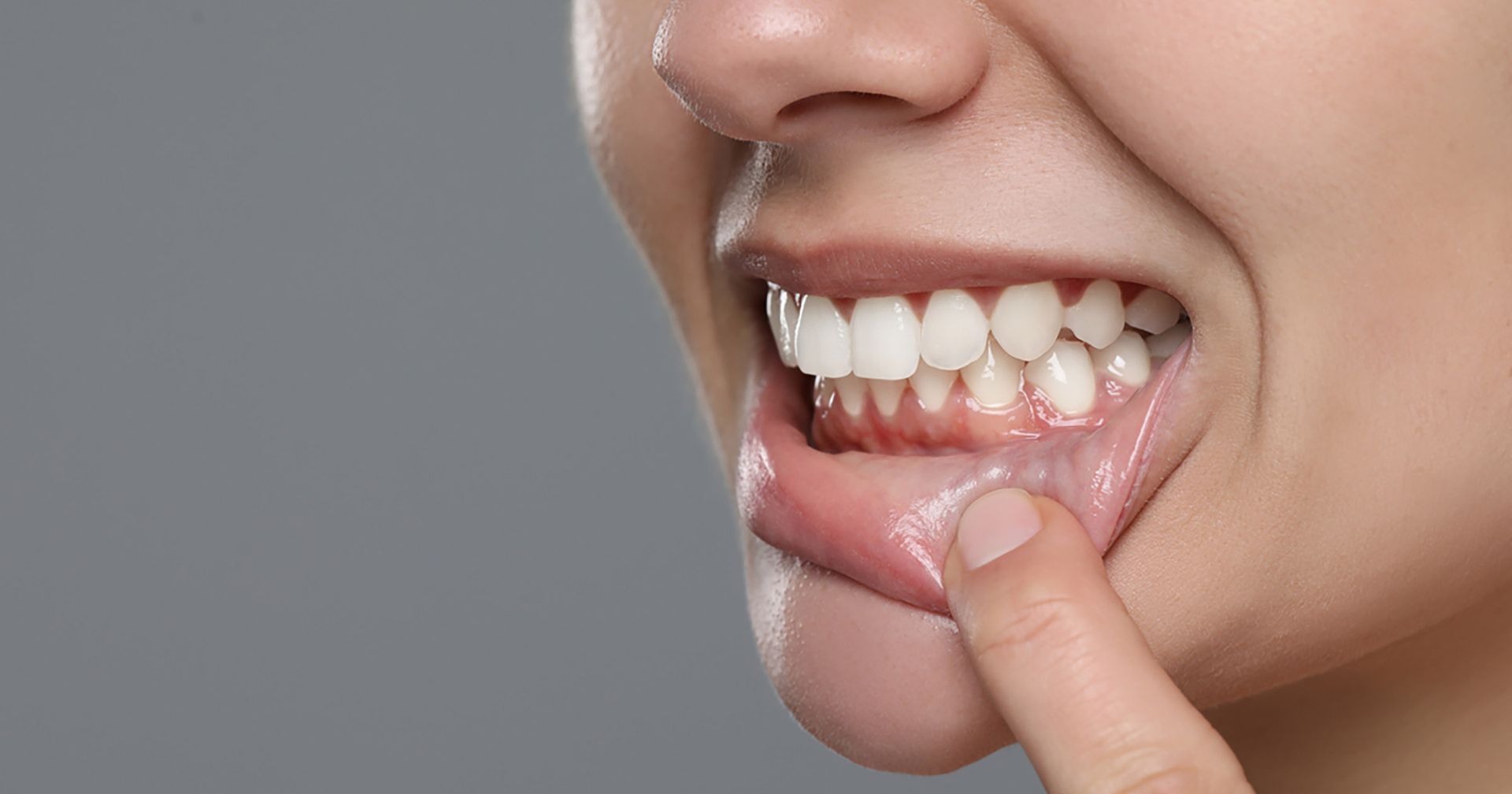As women, we know that our health is affected by a myriad of things that men will never go through. Every month, Aunt Flo visits and we go through a rollercoaster of body symptoms that are unique to each one of us. However, what most women don’t consider is how our particular bodies affect our gums. Surprisingly, our health has a large effect on our oral health and in ways we wouldn’t have expected.
Gum Diseases and Women’s Health
Here’s how women’s periodontal health can shift depending on different factors that only women go through.
- Puberty: we don’t look upon puberty as a fond time in our lives — let’s all forget the acne that plagued us for those years. In that time, a woman gets a spike of sex hormones, notably progesterone and estrogen, that causes a blood in gums to circulate more. This can lead to gum sensitivity. Therefore, if a food particle gets stuck in one’s teeth or plaque builds up, the gums could get irritated quicker and easier. The gums could turn very red and feel tender as well.
- Menstruation: another item to add to the long list of period woes: menstruation gingivitis. Right before a woman’s period, she could have this condition where she experiences bleeding gums, they become bright red and swell up. She could even get sores inside her cheek. Once the cycle is finished, the condition clears up.
- Pregnancy: this one is a bit scary but important to keep in mind. For women who are pregnant and have periodontal disease, there could be adverse side effects for the baby. There have been studies that show the baby might be born premature or smaller than normal. Of course, more research has to be done.

- Menopause and Postmenopause: women who go through menopause or have just finished menopause will experience changes throughout their body — including their mouths. They’ll notice certain uncomfortable mouth symptoms such as dry mouth, a burning sensation in the gums, pain in the base of the gum, and sometimes the taste is different. Some women have reported salty, peppery or sour tastes.




